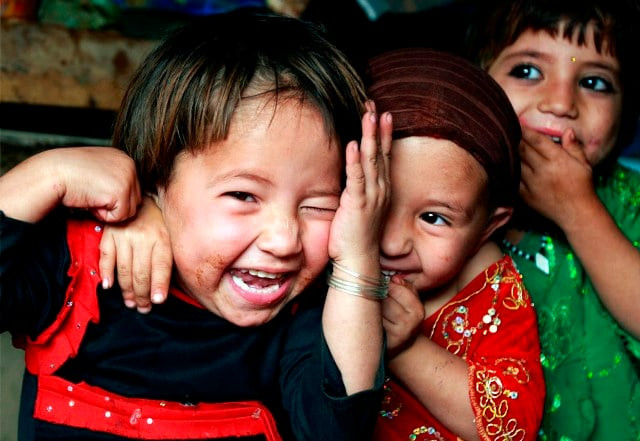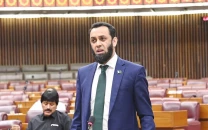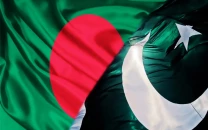Afghan refugees: Children deprived of education
UNHCR, UNESCO hold conference to raise awareness.

Eighty per cent of school-going Afghan refugee children are deprived of the fundamental right to education, UN agencies revealed on Thursday.
Representatives of the United Nations High Commission for Refugees (UNHCR) and United Nations Education, Scientific and Cultural Organisation (Unesco) revealed the startling statistics at a national conference in Islamabad on ‘Education of Afghan Children in Pakistan’.
The objective of the conference was to raise awareness and highlight pertinent issues to promote the right to education of Afghan refugee children in Pakistan.
“The quality of education, including the quality of facilities and teachers among refugees clearly indicates that there is a long way to go to improve them,” said UNCHR Country Director Neil Wright.
There are 1.74 million Afghan refugees still living in Pakistan, while 3.7 million have returned to Afghanistan in the last 10 years.
“Only 55,000 (5%) of the 1.74 millions have completed primary education and there is only 20% enrollment in primary school amongst school-going Afghan refugee children,” said Wright, adding that a vast majority of these children were born in Pakistan and felt more of an affinity towards Pakistan than towards Afghanistan.
Meanwhile, Unesco Country Director Dr Kozue Kay Nagata said that the agency had an objective to assure that education was accessible, especially to the marginalised.
“Let’s be practical, we need to face it without being superficial but it is a highly sensitive issue which cannot be solved unless we consider the fundamental issue of tackling education for all in a practical manner, especially by including the marginalised groups like refugees in policy reform.” she maintained.
Dr Gwong- Jo Kim, Director, UNESCO Bangkok, who stressed on different aspects of Education for All (EFA), indicated that one of the reasons for the low implementation rate of EFA goals was the challenges that faced marginalised groups which include refugees.
“It’s just not for the individual but for society; in my personal view education is a personal and social insurance, meaning if you educate young kids regardless of their background you have less to pay for their social security,” Kim said.
Published in The Express Tribune, March 30th, 2012.



















COMMENTS
Comments are moderated and generally will be posted if they are on-topic and not abusive.
For more information, please see our Comments FAQ